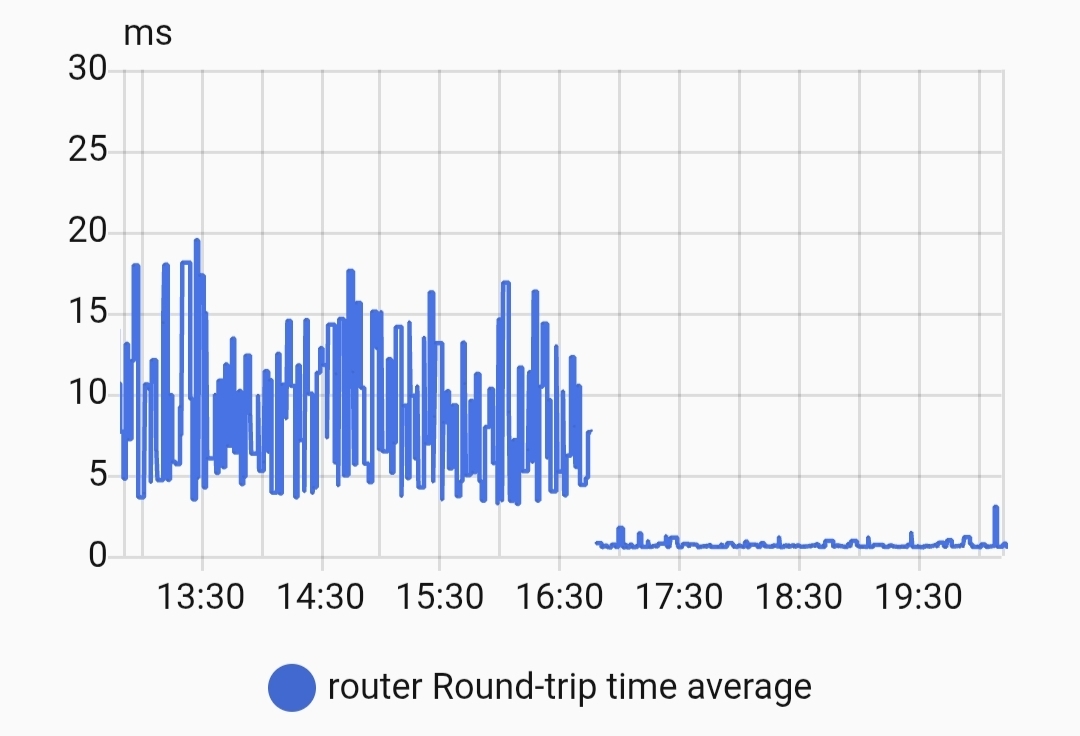Selfhosted
A place to share alternatives to popular online services that can be self-hosted without giving up privacy or locking you into a service you don't control.
Rules:
-
Be civil: we're here to support and learn from one another. Insults won't be tolerated. Flame wars are frowned upon.
-
No spam posting.
-
Posts have to be centered around self-hosting. There are other communities for discussing hardware or home computing. If it's not obvious why your post topic revolves around selfhosting, please include details to make it clear.
-
Don't duplicate the full text of your blog or github here. Just post the link for folks to click.
-
Submission headline should match the article title (don’t cherry-pick information from the title to fit your agenda).
-
No trolling.
Resources:
- selfh.st Newsletter and index of selfhosted software and apps
- awesome-selfhosted software
- awesome-sysadmin resources
- Self-Hosted Podcast from Jupiter Broadcasting
Any issues on the community? Report it using the report flag.
Questions? DM the mods!
view the rest of the comments

As a network guy: Ethernet over power lines can be fine, but you basically need to be an electrician, and have a working knowledge of how powerline Ethernet works before you can get there.
Even if you do, or stumble into a working setup by accident, you can absolutely end up with all kinds of bad things happening because power lines are notoriously bad with crosstalk and EMI, both on the wire and emitted from it.
If you absolutely cannot do rj45/Ethernet runs, and WiFi isn't viable for whatever reason (or even if it is), look into MoCA. Thank me later.
It won't cost you any more than powerline, and you'll get a cleaner signal, more consistent performance, and overall a better experience.
In order of preference, I prefer the following connection options:
Fiber, not because it's faster or better (there are many ways it's actually worse than Ethernet), but because it's almost impossible to interfere with, unless someone physically disconnects the cable (or breaks/cuts it). As long as the line is protected from damage, it will give the most consistent performance.
Ethernet, more robust than fiber in terms of physical disability, can be faster at propagating data (the time it takes to get from one end of the cable to the other), but only works over relatively short runs (100m or less, by spec), and it's susceptible to alien interference and crosstalk. However, it is far more rugged than fiber.
MoCA is half duplex but shares a lot of the benefits of Ethernet. The main improvement here is that coax is commonly present in most homes already, while Ethernet is relatively uncommon in homes, so many homes are already wired in a way that works with MoCA.
Wi-Fi is also half duplex, it can go faster than Ethernet under the right conditions (which are almost impossible to achieve in real world conditions). Propagation is as fast as Ethernet but it has more overhead, and it is much more prone to interference from other Wi-Fi networks or other things operating on the same, unlicensed, bands.
Powerline should only be considered if all of the other options are disqualified for some reason.
Also, anyone using wifi extenders (not talking about mesh or anything, just actual Wi-Fi extenders), should probably not be doing that. Wi-Fi extenders are often just retransmitting the packets on the same wifi channel, which dramatically cuts the available bandwidth. You'll end up with a stronger connection, but a much slower one.
Thank you for coming to my Ted talk.
+1 for MoCA
I switched from powerline to MoCA about 10 years ago, and it was a huge step up. Even though it's half duplex, since MoCA version 2.5, there is enough total bandwidth available to sustain 1 Gbps in 2 directions simultaneously, so it is functionally almost equivalent to full duplex 1 gig Ethernet (except for few ms of extra latency)